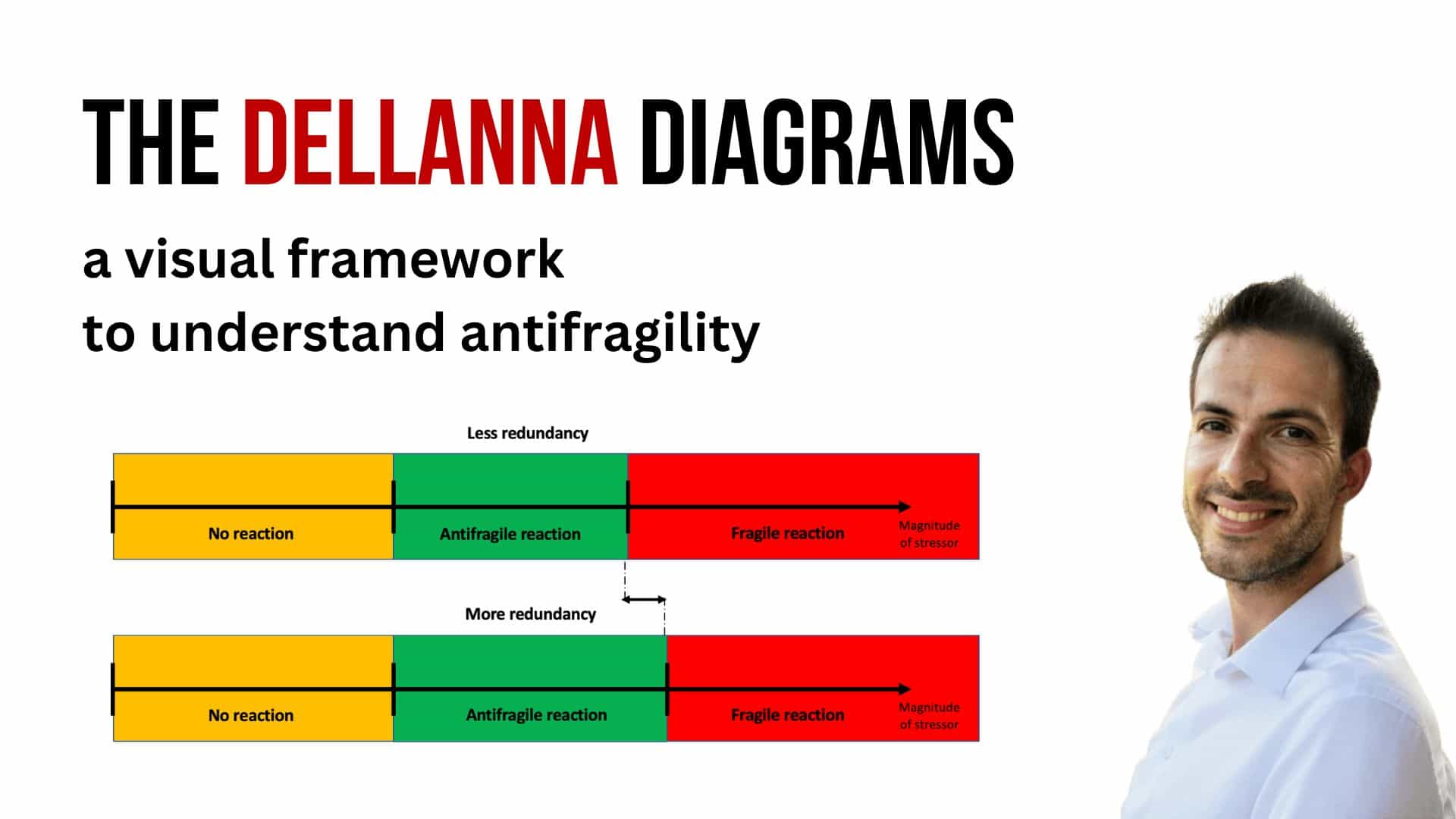Growth obtained through short-term tactics eventually plateaus. It’s a dead end.
There are two types of disciplined people: those who take consistent action through sheer willpower and those who do it without the use of willpower.
For example, consider people who are disciplined in their abstinence from sugary food. Some do so through great effort. Others simply do not like sweet food or had a recent medical diagnosis that made them want to avoid sweet food.
For an external observer, both groups of people look extremely disciplined in their behavior. Yet, sometimes, discipline is a confabulation for a root cause that is not discipline yet produces behavior indistinguishable from that of a disciplined person.
This is important because it reveals that there are two pathways to disciplined behavior. One is the development of habits through sheer willpower. The other is about working on one’s emotional associations with the targeted behavior or its object – for example, one’s emotional associations with eating healthily or with sugary food.
I would go even further and say that it’s all about emotional associations. The first group of people, the one that relies on willpower, does so because it developed positive emotional associations with the use of willpower. They have a track record that using willpower improves their life.
Conversely, people who fail in the use of willpower do so because they lack the track record of past experiences in which using willpower resulted in improving their life – and often, building that track record is a necessary step to the larger deployment of self-control into one’s life.
A final key component in the development of discipline is that one does not need to merely believe that the use of discipline will achieve an objective but also that achieving that objective will be a net addition to one’s life. For example, I might be convinced that abandoning sugary food might be good for my health, but I might not be convinced that it would result in a net improvement in my life. In that case, any attempt to create discipline around avoiding sugary food is destined to fail.
Unless.
Unless we self-negotiate a small step forward to later use as evidence that our life actually did improve as a whole. For example, if we are not convinced that abandoning sugary food will be a net addition to our lives, we might lack the commitment to abandon it successfully. But we might still be able to self-negotiate with our brain a smaller step forward, such as a two-week break from sugary food or a “one day yes, one day no” diet. If that works and does improve our lives, it will build positive emotional associations with more disciplined healthy habits, and might make further discipline easier to achieve – until the point that an external observer calls us very disciplined.



